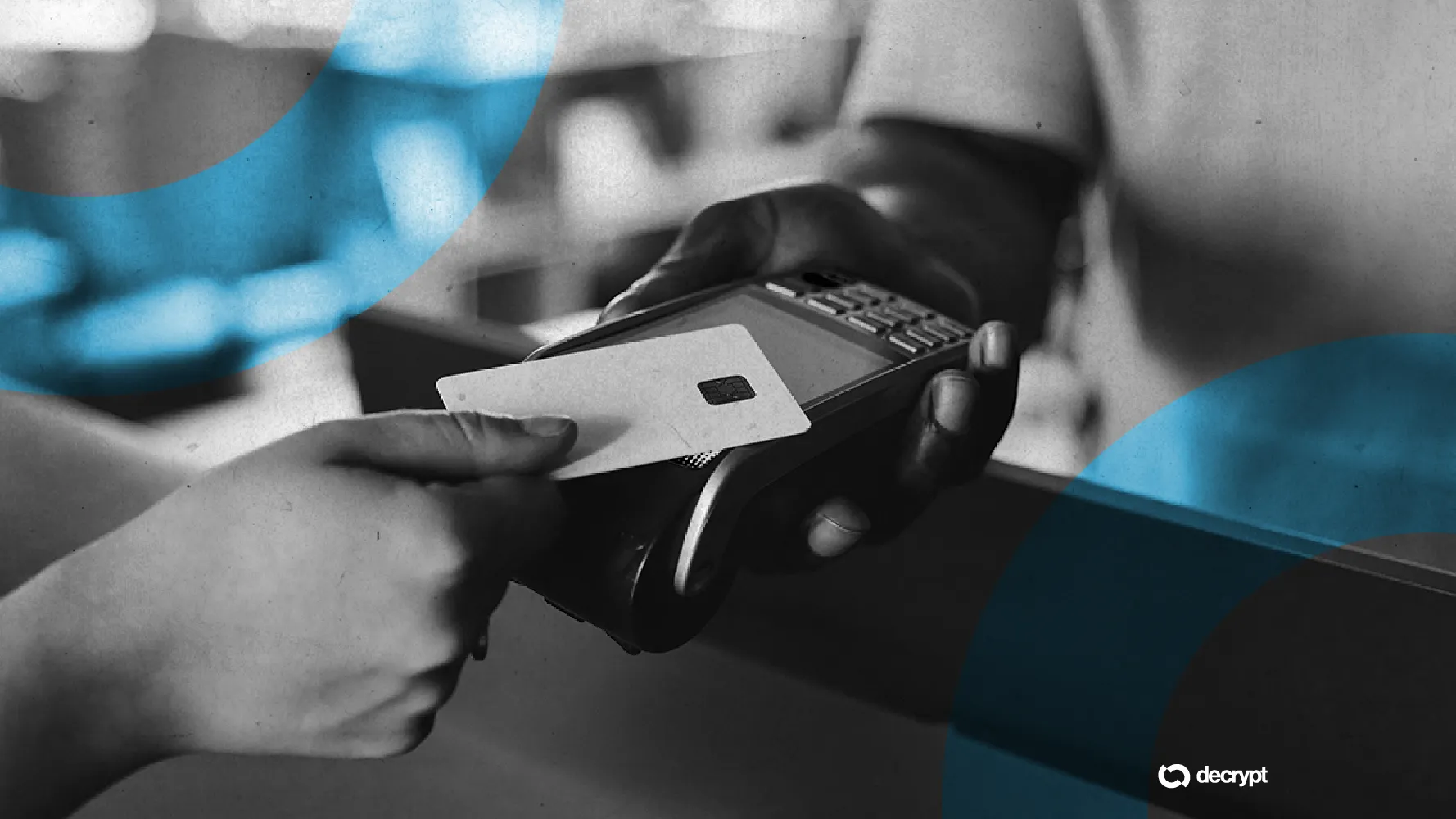In brief
- LayerZero extended PYUSD’s presence to nine additional blockchains.
- PYUSD0 tokens represent a bridged version of PayPal’s stablecoin.
- The stablecoin had a market capitalization of $1.3 billion on Thursday.
PayPal’s PYUSD stablecoin expanded to nine new blockchains on Thursday after LayerZero, an interoperability protocol, unveiled additional support for the token in a blog post.
The stablecoin, which was introduced two years ago, can now be used on Abstract, Aptos, Avalanche, Ink, Sei, Stable, and Tron, LayerZero said. The expansion was enabled through Stargate, a bridge connecting over 80 blockchains that was acquired by LayerZero last month.
PayPal’s first payment service debuted nearly a decade before Bitcoin’s first block was mined, but the firm has faced stiff competition within the cryptosphere. Stablecoin issuers Tether and Circle have had years to refine their products, but PYUSD is still fairly new.
Paypal’s stablecoin had a market capitalization of $1.3 billion on Thursday, according to crypto data provider CoinGecko. Although that represented an all-time high in terms of PYUD’s adoption, Tether and Circle’s stablecoins were worth $171 billion and $74 million, respectively.
PYUSD’s footprint may be relatively small, but it’s still among the top options for corporate users, according to a recent survey conducted by EY-Parthennon. Among respondents, 36% of corporations said they use PYUSD, making it more popular than Ethena’s USDe and Sky Protocol’s USDS. Both stablecoins have larger market capitalizations than PYUSD.
When bridged to various networks through Stargate, PayPal’s stablecoin is represented through PYUSD0 tokens. The dynamic mirrors wrapped Bitcoin, with funds moved outside its native ecosystem represented by tokens like WBTC and cbBTC.
“Innovations like this are essential for creating the seamless, interoperable financial infrastructure that users and developers demand,” David Weber, head of ecosystem for PayPal USD said in a statement, noting that the stablecoin sector recently grew past $270 million.
PayPal’s product is powered by LayerZero’s Omnichain Fungible Token (OFT) Standard. Tether’s USDT0 token uses the same infrastructure, as well as the Frontier Stable Token, a stablecoin introduced by the state of Wyoming last month.
Earlier this week, PayPal said that users would be able to make peer-to-peer payments in Bitcoin, Ethereum, and PYUSD using a new tool. The product, called PayPal Links, is expected to roll out in the U.S. first, while expanding to overseas markets in the coming months.

